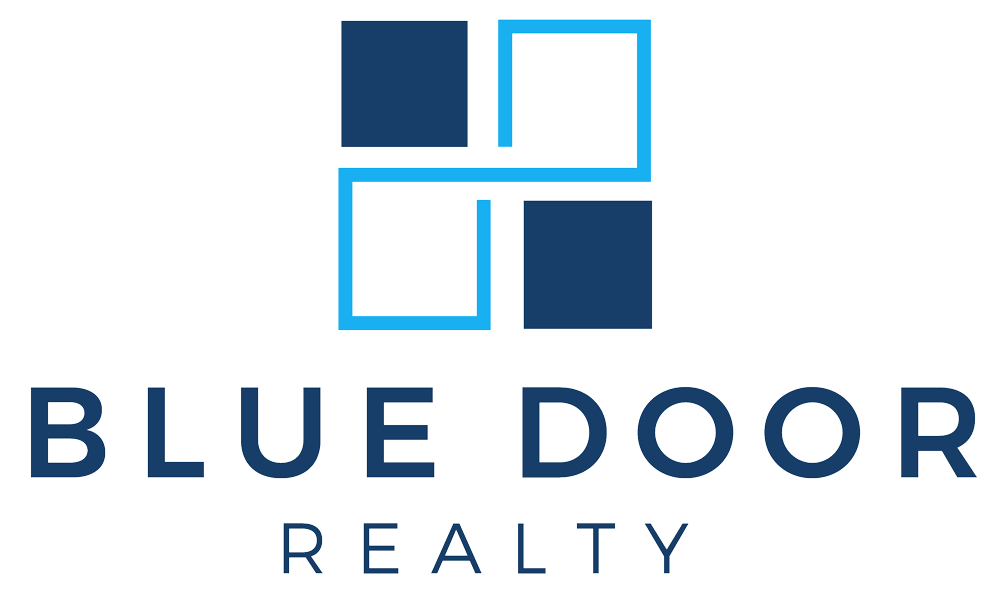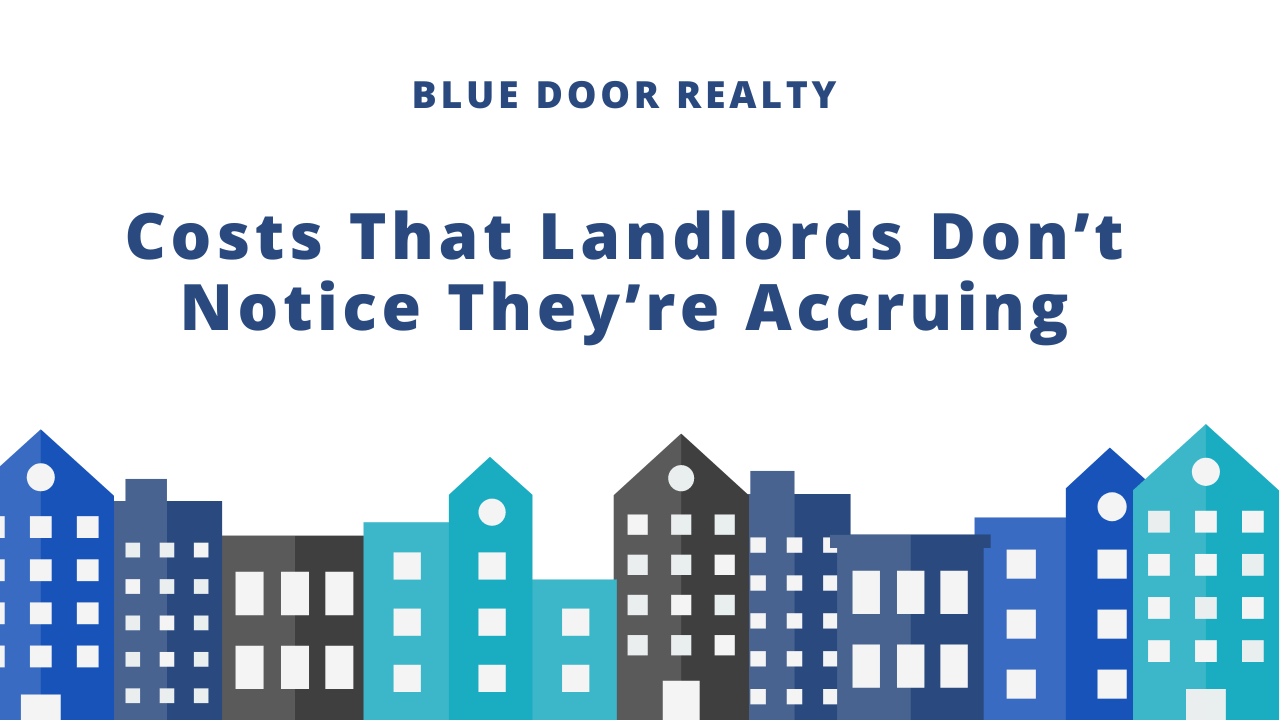When you operate a rental, you need to be careful to not go over budget. However, occasionally variable expenses can come up which cause you to veer off track. If you find yourself constantly going over budget, maybe it’s time to take a step back and start actively tracking your business expenses.
When you’re able to trace the source of costly spending, you can find ways to minimize it and keep most of your income.
Here are the common areas where high spending occurs:
Property Maintenance Costs
Maintaining the property is where landlords typically exceed their spending budget, especially when undergoing a renovation project. This is why it’s important to perform an accurate calculation to prevent running over the budget. A landlord must be prompt with repairs to avoid spending more to fix major property damage.
For example, if it has come to your attention that the faucet is leaking, but you didn’t prioritize scheduling repairs, it can end up flooding your home and affecting the furnishings. This would require taking more money from your repair budget.
Another example would be inconsistent property inspections. If you are not careful when conducting inspections, you might miss damages, or infestations that will cause greater problems down the line.

Worse, if the damage gets too out of hand, your renter can end the lease early, requiring you to market your rental home after getting it rent-ready. This would increase vacancy time.
To avoid these steep expenses, you can hire professionals to do preventive maintenance checks around your rental unit. This will help to address potential damage early, which protects your income, keeps your tenants happy, and maintains the value of your rental unit.
Legal Fee Charges
As a landlord, you do your best to avoid disputes. However, legal issues can arise no matter how well you follow the law and they can be costly. A legal consultant can protect you and limit the legal risks you’ll face.
For instance, if your renters have stopped paying the rent, you can’t just throw them out without due process. Evicting tenants requires knowing the law and complying with the procedure. Otherwise, you can be sued and this can result in more financial losses.
If you partner with a legal professional, then you’re expected to spend on service fees. Research the services they’re providing and the fees they charge. Ensure you’re choosing a lawyer or legal firm specializing in real estate so they can offer the best advice.

If you’re constantly requiring legal support, you may also want to review your tenant screening procedure to find out if adjustments need to be made. Landing suitable renters that stick around for a long time and pay their rent consistently limit costs on your part.
Leasing to Poor Quality Tenants
Landlords sometimes make a mistake when choosing renters that fail to match the characteristics they’re looking for. If a rental has been vacant for a while, you might experience pressure to fill the vacancy which leads to lowering your standards when accepting tenants. You always want to take the time to accept high quality tenants.
Initially, landlords can feel happy over saving time and limiting vacancy, but the costs of a poor quality tenant can be high. You can end up with a renter skipping payments or damaging the property. It’s advisable to always run a detailed tenant screening to avoid losing money.
Long Vacancies
While rental homes are considered assets, they can also become a liability if you’re spending a lot on marketing and maintenance without renters occupying the unit.
With no rental earnings, you’re forced to spend out of pocket to keep the property heated, keep vandals away, and prevent damages. It is important to keep a part of your budget aside for vacancies so you don’t end up accepting any risky renters.

Aside from the maintenance fees you need to pay up in your vacant rental space, you would also need to pay additional for utilities, HOA fees, and taxes. It’s important to strategically market your rental in order to land great renters right away.
An excellent tip is to perform property renovations to attract more residents and keep your rental unit competitive with others in the area.
Vendor and Contractor Fees
In an effort to save money, some landlords will attempt DIY repairs. But, this can have the opposite result and can be a costly option if you don’t have the proper skillset. Repeating the job if you don’t succeed will waste your time and money.
Cultivating a dependable network of vendors and contractors who can help out during regular property concerns and emergencies is crucial.
Aside from spending on the labor costs and service fees of repair specialists, you also need the assistance of an administrative and accounting team. They can help straighten out your books and keep your paperwork organized.
Before choosing a team, take time to assess the value offered and weigh the fees against the services rendered. Even if you’ve worked with a vendor for some time, it’s recommended to conduct a review to check if the fees are still reasonable, in relation to the work performed.

Always consider the value provided by your vendor circle. Listen to recommendations and read reviews. Maintain a good working relationship with the vendors and over time, you might be given discounted rates or free services as a loyal client.
Curb Overspending: Hire a Property Manager
One of the most effective ways to diminish your spending is to hire a property manager. Working with them provides plenty of benefits such as expert advice, more resources, and lower rates from their vendor network. In addition, they can also supervise renovation projects to limit overspending.
Are you looking for a trusted property manager to handle your rental home? If yes, contact Blue Door Realty today!
They’re committed to filling your rental vacancies, screening for the best residents, maintaining your rental home in outstanding condition, and performing regular property inspections. Blue Door Realty can help optimize your income and reduce your rental operation costs.

